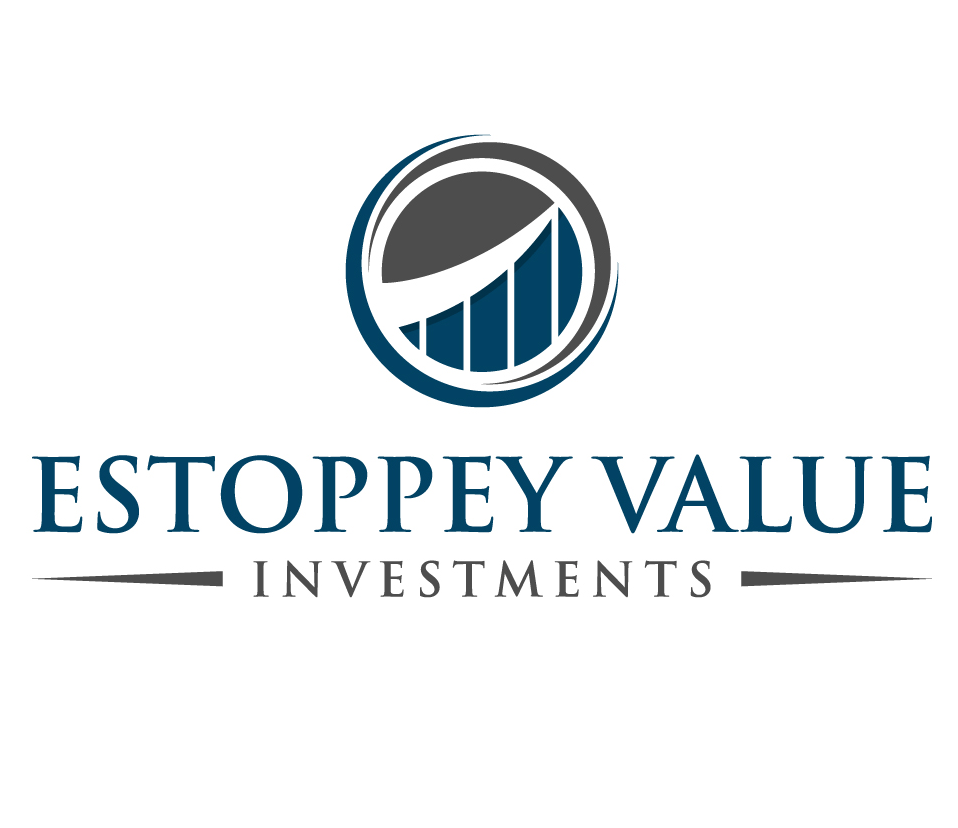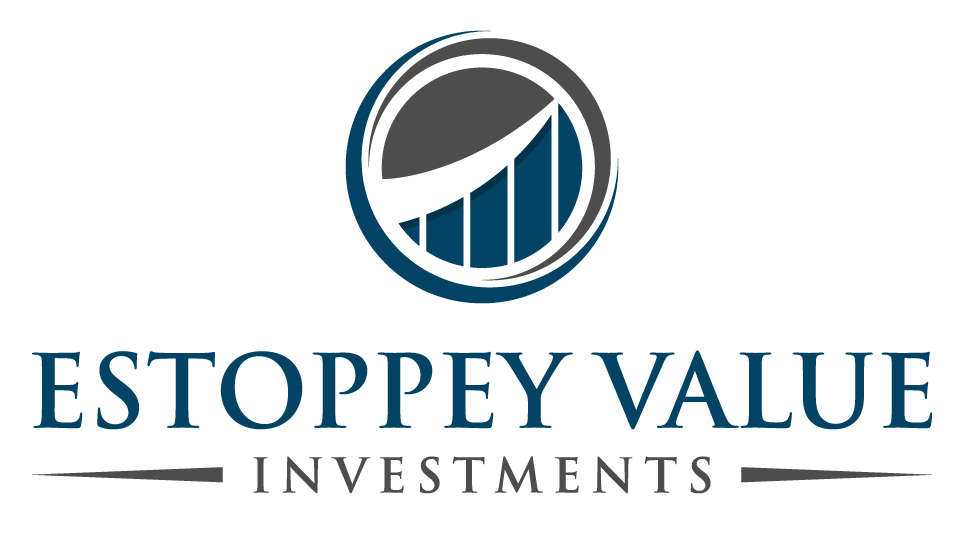Stock Buybacks
Would you like to invest your money? Get in touch with an expert:
What are Stock Buybacks?
Stock buybacks (also called share repurchases) represent the purchase by a company of its own shares in circulation. Stock buybacks are intended to reduce the number of shares available on the open market. The reduction in supply can result in an increase in the share price. Stock buybacks may also be used to prevent minority shareholders from taking over a majority stake. Stock buybacks can therefore prevent other companies from buying into the company. Shares of a company may be used as payment for the acquisition of another company. Compensation may also be provided in the form of shares. It is not unusual for companies to reward their employees and executives with stock bonuses and stock options. Businesses buy back shares and issue them to their employees and managers as rewards. The likelihood of economic problems is low when companies conduct stock buybacks since they usually have enough cash on hand to meet any emergency needs.
In the process of a stock buyback, a company invests in itself. In a stock buyback, existing shares are reduced, resulting in a larger share value for each remaining share. You may think of this as a cake: if the pie stays the same size and is divided into fewer pieces, the pieces will be bigger. A company may buy back shares from its investors when shares are undervalued. There is an increase in earnings per share (EPS), as well as a decrease in the price-earnings ratio or a rise in the share price.
Stock Buybacks: How Do They Work?
A stock buyback must be approved by the Annual General Meeting before it can be implemented. Swiss law authorizes a company to use only freely usable equity capital (Art. 659 Abs. 1 OR) and the nominal value of the shares may not exceed 10% of the company's capital.
An option that may be considered is to make a buyback offer to shareholders. The offer provides shareholders with the opportunity to sell all or part of their shares back to the company within a specified period of time. In this case, the price represents the current market value plus a premium. The free market is a second option. If there are sufficient shares available on the open market, a company may purchase its own shares on the open market. This is often done over a longer period of time in order to avoid affecting the share price too much through the purchase, and because there is sometimes insufficient supply on the market.
It is possible to compare the potential impact of buybacks among different companies by calculating the buyback ratio. Furthermore, it is an indication that a company is able to return value to its shareholders, as companies that regularly buy back shares have historically outperformed the market as a whole. The buyback ratio is calculated by dividing the amount of money spent on buybacks in the past year by the market capitalization (number of shares x share price) at the start of the buyback period.
In this example, let's assume that company X has generated a profit of CHF 2 million. A total of one million shares are in circulation at the present time. The earnings per share (EPS) is therefore CHF 2. Assuming that the share price is currently CHF 40 per share, the P/E ratio (price-to-earnings ratio) is 20. Considering that 5% of the shares have been repurchased, i.e. 50,000 shares, there would be 950,000 shares in circulation. Therefore, EPS is CHF 2,1. To maintain a constant P/E ratio of 20, the stock price must rise to CHF 42, otherwise, the P/E ratio will fall to 19.
At first glance, a stock buyback does not appear to provide any economic added value from a long term perspective, unless the shares are undervalued at the time of purchase. It can also be detrimental to growth if external investors refrain from investing. Investors may perceive that a stock buyback indicates that the company has no other profitable, organic growth opportunities, which can be a problem for growth investors. If the share price is a performance indicator for management bonuses, higher bonus payments must be made, as stock buybacks often have a positive effect on the share price. An organization may also be at risk of financial difficulties in the event of a downturn in the economy or if there are cash shortages that it cannot cover due to stock buybacks. Alternatively, the money spent on a buyback program could be held as
liquidity, which is useful in emergencies.
Conclusion on Stock Buybacks
Stock buybacks are a method for returning capital to shareholders. Stock buybacks, however, are only profitable if the company's shares are undervalued. The value of shares that are already overvalued is destroyed if they are repurchased. It would be beneficial to consult an expert such as an independent wealth manager in order to analyze this in greater detail.
Would you like to invest your money?
Speak to an expert.
Your first appointment is free of charge.



